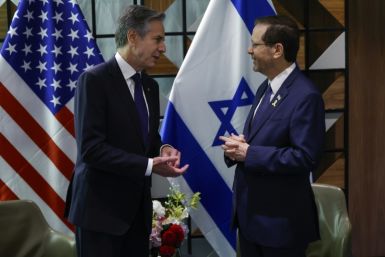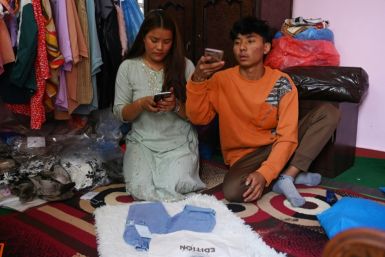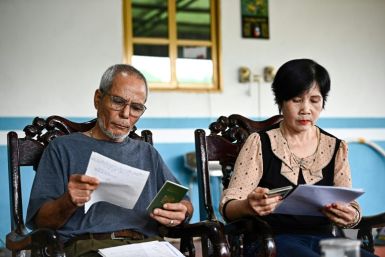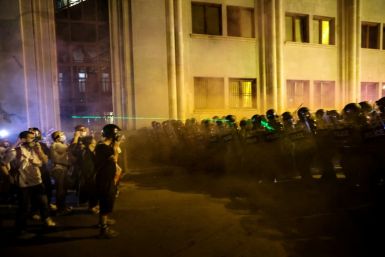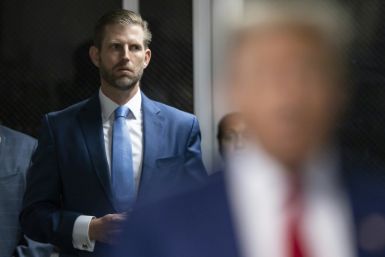Merkel Blasts Russia Over Disregard Of Europe’s Peaceful Order; NATO Worried Russia Will Control Entire Black Sea Region With Abkhazia Treaty
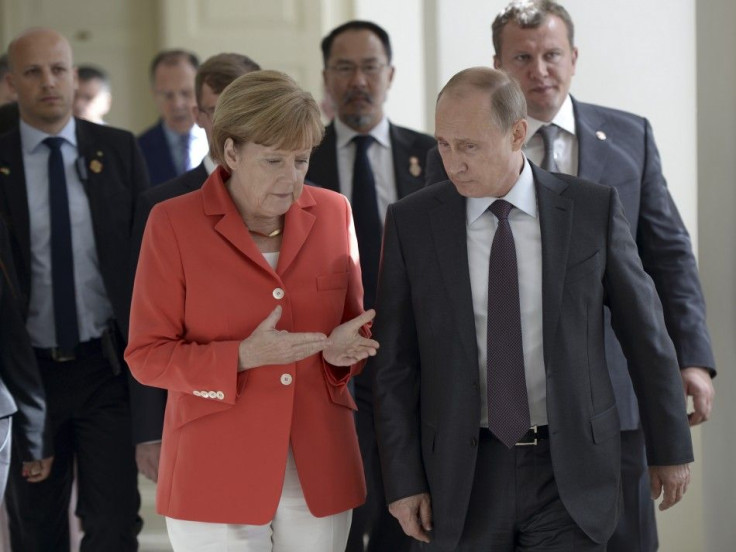
German Chancellor Angela Merkel had blasted Russia's seeming disregard for peaceful order in Europe, claiming its actions in Ukraine were a "violation of international law." She said on Wednesday that the incursions of Russia into Ukraine, whether "direct or indirect," had questioned the peaceful order in Europe. Still, she maintained leaders of global nations must exert patience to overcome this crisis.
A report by VOA News hinted the German leader could have reached the endstrings of her patience, following a mid-November meeting she called with Russian President Vladimir Putin. The meeting happened before the summit of G20 leaders in Australia. In the four-hour meeting, perhaps bearing a stance of a mother talking to a son, Ms Merkel tried in vain to extract from Mr Putin what he really "wanted in Ukraine and other former Soviet satellites."
The report hinted she didn't challenge even as Russia had broken a string of promises, but rather was there to listen.
But Mr Putin, who is fluent in German, didn't budge, and never clearly stated his intentions. All he did was deny and dodge accusations hurled against him and his country. An official present during the meeting told Reuters the Russian leader "radiated coldness...he has dug himself in and can't get out."
Thus, Ms Merkel speech before the German parliament on Wednesday has been regarded as made out of frustration. After all, Ms Merkel has spoken to Mr Putin three dozen times over the phone in recent months, trying hard to strike a negotiated solution to the Ukraine conflict. Still, despite losing her cool, Ms Merkel stressed the conflict won't be solved with military intervention. Only diplomatic efforts along with sanctions could resolve the crisis, she said.
Meantime, Russia has entered into a treaty with Abkhazia that calls for closer military and economic ties. Abkhazia is a disputed territory and partially recognised state controlled by a separatist government on the eastern coast of the Black Sea and the south-western flank of the Caucasus. NATO's worried the treaty will effectively expand Russia's control over the Black Sea region.
Russian and Abkhazian forces in the territory will create a joint force, according to the treaty. The force will be led by a Russian commander.
Abkhazia was born after a separatist war in the early 1990s happened in Georgia. About 240,000 people broke away. Russian troops have been present in Abkhazia for over 20 years. On Monday, Russia entered the treaty with Raul Khadzhimba, Abkhazia's new leader, who was elected president in August. Khadzhimba was a former Soviet KGB officer. His presidency has been described by Georgia as illegal.
"Ties with Russia offer us full security guarantees and broad opportunities for socio-economic development,'' Mr Khadzhimba said on Monday. The treaty is a "step toward the de-facto annexation" of Abkhazia, the Georgian Foreign Ministry said.


